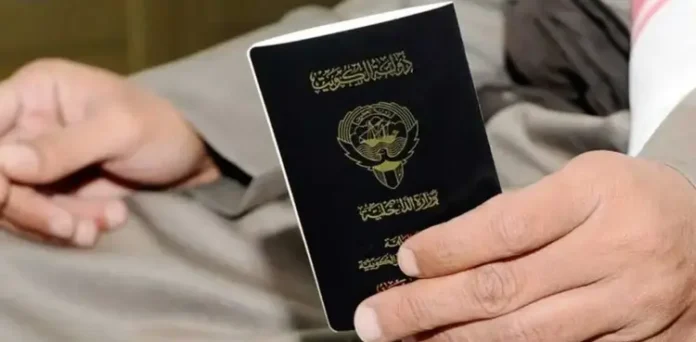In a controversial move, Kuwaiti authorities have revoked the citizenship of a Filipina woman who remarried an Asian driver after the death of her elderly Kuwaiti husband.
The woman, who had received Kuwaiti citizenship shortly before her late husband’s passing, found her status questioned following her remarriage. Reports suggest that her citizenship was conditional and linked to her previous marriage to the Kuwaiti national, a common stipulation in such cases.
This incident has ignited discussions about the citizenship laws in Kuwait. Critics contend that the revocation raises concerns about fairness and the rights of individuals who obtain citizenship through marriage, especially expatriates.
While officials have not provided specific reasons, it is believed that her marriage to a foreign driver—a national from Asia—contravened certain expectations associated with her naturalization. This decision highlights Kuwait’s strict citizenship regulations, which are among the most stringent in the region.
The case has attracted attention on social media, with opinions sharply divided. Advocates for expatriate rights are calling for more transparency and equality in Kuwait’s citizenship laws, while others argue that the decision is consistent with established legal standards.
The woman’s legal status in Kuwait after the revocation remains uncertain, and it is unclear if she plans to challenge the decision. Her remarriage and subsequent loss of citizenship illuminate the fragile legal and social standing of expatriates in the Gulf region.





